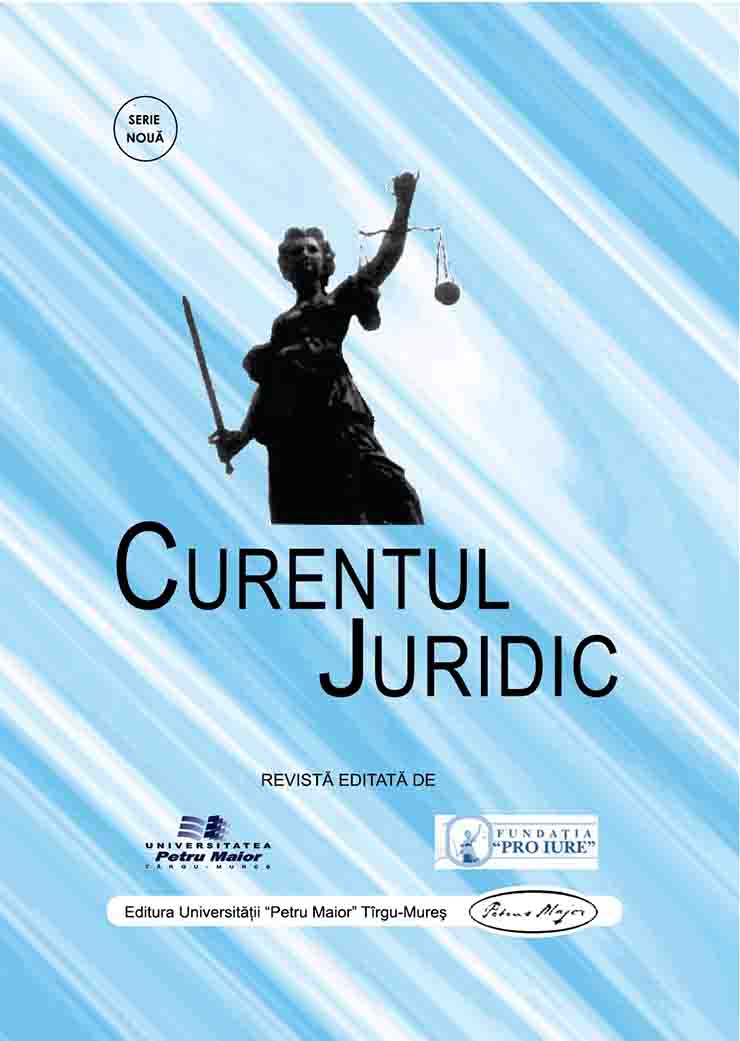FLAWS AND TRAPS IN THE PUBLIC PROCUREMENT PROCESS OUTPUT QUALITY
FLAWS AND TRAPS IN THE PUBLIC PROCUREMENT PROCESS OUTPUT QUALITY
“A perception of the SMEs and NGOs from the Centre Region of Romania”
Author(s): Balanean RaduSubject(s): Law, Constitution, Jurisprudence, Law on Economics
Published by: Editura Universităţii Petru Maior
Keywords: Public procurement; SMEs; NGOs; European projects; bureaucracy; red tape
Summary/Abstract: Defining the problem: Within the institutional framework of the employers’ organizations and professional organizations, as time passed some issues were raised regarding the public mechanism of procurement. On one hand, lack of trust regarding transparency, process fairness and efficiency and on the other hand, the doubtful quality of the procurement process output. These issues were raised regardless of the role of SMEs and NGOs of being bidders or purchasers when it comes to projects financed from government funds.Purpose of the study: To identify how SMEs and NGOs perceive the process of public procurement by gauging their perception, encountered difficulties, efficiency and quality of the public procurement process while also identifying mechanisms that improve efficiency and overall quality of the public procurement process.Research Methods: Questionnaires given to SME and NGO managers that have dealt with public procurements in the past not only from the perspective of the bidder but also from the perspective of the purchaser. The questionnaires were aimed on one hand to capture the perception of the SME and the NGO sector regarding the process of public procurement while also identifying flaws within the process that distort the quality of the process output.Findings: At both SME and NGO levels that have a small and medium number of employees, the degree of trust in the objectivity of the public procurement process is low. More flaws were identified such as: an ambiguous legal framework which is hard to understand without external consultants, subjective criteria when it comes to eliminating flaws found in this process in order to improve the quality of the process output, inefficient public procurement education, too much discouraging red tape, the outcome of most procurements being based on the lowest price with negative effects in the quality of the result, major problems with devastating effects found after checkups from the authorities following the procurement process.Conclusions: After analyzing the collected data from our target population, the following needs have been identified: the need for having public purchasing education with a high efficiency (applicability)/ price ratio; the need to permanently update public procurement laws; need for a legal framework that prevents abusive control over public procurements; a need to modify procurement laws after consulting the SME and NGO sector; the need to have an easily-understandable legal framework; reducing red tape and eliminating process flaws that decrease the degree of trust and bidding.
Journal: Curentul Juridic
- Issue Year: 70/2017
- Issue No: 3
- Page Range: 40-55
- Page Count: 16
- Language: English

